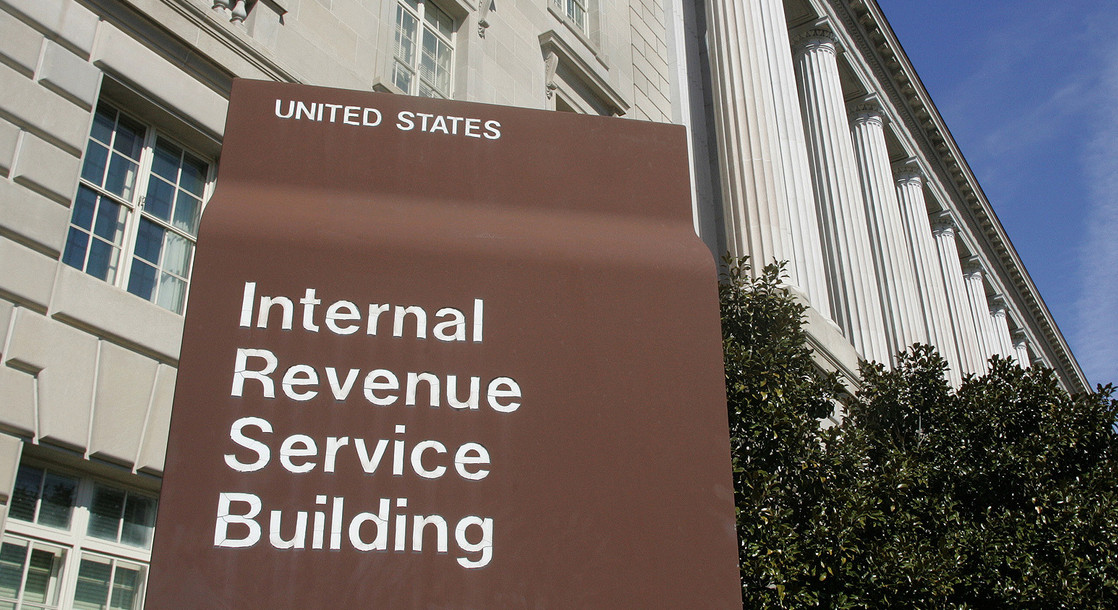A new report by a federal inspector general has found numerous cases where the IRS tagged cannabis nonprofits and liberal activist groups for additional scrutiny that other nonprofits were not required to undergo. The Treasury Inspector General for Tax Administration (TIGTA) released a report this week detailing these findings after reviewing cases between 2004 and 2013. The review reported that the IRS earmarked organizations with names referencing “Progressive,” “Green Energy,” “Occupy,” and “Medical Marijuana” for additional investigation.
“The IRS identified the Medical Marijuana organizations for further scrutiny because of concerns that they were engaging in activities that were not permissible under tax-exempt law,” the review said. “Specifically, some States were legalizing the use of medical marijuana, but it was illegal under Federal law so the organizations did not meet the requirements for Federal tax exemption.”
Many of the cannabis-related organizations tagged for review focus on education or activism regarding cannabis policy reform, and are not actively involved with handling cannabis or associated funds. Regardless, the IRS added these groups to internal Be On the Look Out (BOLO) reports every few months. Due to these alerts, many of these organizations were forced to answer inappropriate questions and experienced delays in their application process.
“All of the Medical Marijuana cases took longer than average to process compared to the IRS’s overall average for non-merit cases in each fiscal year,” the review stated. “We determined that all 10 organizations whose applications we confirmed were processed based on the Medical Marijuana criterion received letters requesting additional information to complete processing of their application. We reviewed these additional request letters and determined that four of the organizations received a request for information that TIGTA had concluded was unnecessary for processing political advocacy cases in our prior review.”
The review does note that the IRS has “completely revamped the process for reviewing tax-exempt applications” since 2013, and does not recommend any change in the agency's policy.











